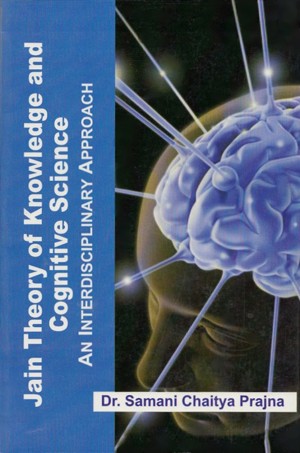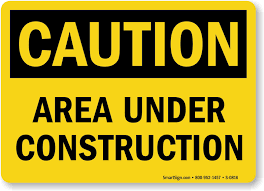The term 'cognitive science' as its name implies, is broadly defined as the science of cognition.[39] It studies the nature of cognition in human beings, animals and machines.
The word cognitive refers to perceiving and knowing. Thus, the word cognitive science is a science of mind and the process of knowing. Researchers in psychology, linguists, computer science, philosophy and neuroscience realized that they were asking many questions about the nature of mind and that they had developed complimentary and potentially synergetic methods of investigation.[40]
Gardener[41] defines it as contemporary, empirically based effort to answer long standing epistemological questions, particularly those concerned with the nature of knowledge, its components, its sources, its development, and its employment and deployment.
Cognitive science is the interdisciplinary study of mind and intelligence. Cognitive science has been commonly understood as interdisciplinary research areas engaged in deciphering the nature of cognition. The word cognitive is often understood as something taking place from cognition, the process of knowing and more precisely, the process of being aware, knowing, thinking, learning and judging. The word cognitive refers to understand perceiving, thinking, remembering, language, learning, intelligence and other mental phenomena.
Researches on the nature of cognitive activities and the study of the functional areas of the brain have led us to the belief that brain is what thinks. Brain is not just the seat of thinking, but is also the centre of reasoning, perceiving, feeling, willing, moving, attending, remembering, communicating, understanding and choosing.
How they try to understand these phenomena depend on the disciplinary perspectives the researchers take depending on their master discipline. Cognitive psychology deals with the how people perceive, learn, remember and think about the information that they constantly receive from the external world. The goal of cognitive psychology is to understand the nature of human intelligence and how it works. Most works in the cognitive sciences focus on the manner in which an individual device, be it a mind, a brain or a computer - processes various kinds of information. Cognitive psychology in particular is primarily concerned with individual thought and behavior. Individuals however, belong to species. Individual organisms are members of species and share a genome (heredity) and most phenotypic (an organism's observable characteristics or traits) traits with the other members of the same species. Organisms essentially have the cognitive capacities depending on characteristics of their species, with relatively superficial individual variations.
Cognitive science is the interdisciplinary study of mind and intelligence, embracing philosophy, psychology, artificial intelligence, neuroscience, linguistics and anthropology.[42] Its intellectual origins are in the mid-1956[43], when researchers in several fields began to develop theories of mind based on complex representations and computational procedures. Its organizational origins are in the mid-1970s when the Cognitive Science Society called 'Sloan'[44] was formed and the journal by the name Cognitive Science was launched. Since then, more than seventy universities in North America, Europe, Asia and Australia have established cognitive science programs and many others have instituted courses in cognitive science.
In the late 1950s, another team of investigators, David Hubel and Torstein Wiesel at Harvard began to record from cells in the visual cortex of the cat. They located nerve cells that responded to specific information including brightness, contrast, binocularity and the orientation of lines. The field of neuroscience is an integral part of Cognitive Science.
 Samani Chaitya Pragya
Samani Chaitya Pragya

